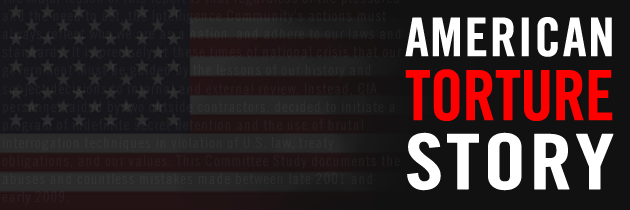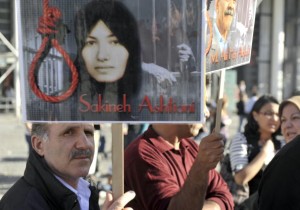UPDATE, September 24, 2009
“SADC Executive Secretary Tomaz Salamao told VOA that Harare’s move to repudiate the tribunal has been referred to the ministers of justice of the regional bloc’s member nations who have been asked to provide legal guidance to SADC heads of state.”
I know, I know. “Not another rant about international courts and why they are so fantastic,” you say. Well, fooled you. I am not going to defend international tribunals as a concept or theory. It’s been done to death. However, I am asserting that if you are going to go through all the bother and effort of establishing an adjudicating body, setting up rules and procedures, selecting judges, hiring staff and building a brand spanking new courthouse, maybe you should first make sure the tribunal has the proper legal authority to try cases at all.
The Tribunal was established in 1992 as an institution of the Southern Africa Development Community’s (SADC) originating Treaty and was sworn in November 2005. It has jurisdiction over disputes between SADC States or disputes between persons and member States; but in order for a person to bring a case before the court, they have to have exhausted all legal options first in that State. Since the Tribunal received its first case in 2007, five suits have been filed; two contract claims against SADC, a contract claim against Zanzibar and two cases against the government of Zimbabwe.
And now we come to the crux of the issue. One case against Zimbabwe deals with demands for compensation for injuries suffered as a result of political violence and is still pending. The other case, Campbell v Republic of Zimbabwe, is a land seizure case decided in May 2008. The Tribunal determined that the plaintiff’s farms were illegally seized by the government and the plaintiffs were owed compensation. In the course of litigation, the plaintiffs were granted orders demanding that the government cease expulsions from the farms under litigation. Not only did the government of Zimbabwe not comply with the cease and desist order, it failed to comply with the final decision in Campbell. Now, Zimbabwe is saying that the tribunal has no force and refuses to recognize it as a legitimate body of legal authority. Thus, it can ignore decisions on any pending or decided cases.
SADC itself was established by an overarching treaty that contains language stating a tribunal will exist. The structure, rules etc of the Tribunal were then laid out by a Protocol to that Treaty. Zimbabwe’s argument hinges upon ratification of that Protocol; to enter into force, it required ratification by two-thirds of the SADC member States. Not only has Zimbabwe itself not ratified the Protocol, only five SADC members have ratified thus far.
The problem is contradictory language. Zimbabwe Human Rights NGO Forum argues the SADC Treaty states the tribunal is exempt from the requirement that all protocols be ratified by two-thirds of member States. Therefore, the Tribunal became a binding legal authority when the SADC Treaty was ratified. However, the Protocol itself states that it requires two-thirds ratification to take effect. Under international law, the Treaty should trump an underlying Protocol; getting that in writing is a different story.
So what are the options? SADC’s annual summit convenes this week. SADC can expel Zimbabwe for non-compliance, but if it wasn’t expelled following the election violence of last year it is unlikely to expel it for a breach of the SADC Treaty that is arguably not a breach at all. SADC can push for ratification at the Summit to close this loophole, however Zimbabwe can still say the Tribunal had no binding force until such time as the ratification process is complete and still claim cases decided prior to that time are nullified. If SADC does not ratify the Protocol, there is nowhere Mike Campbell or future potential plaintiffs seeking to sue any party at the Tribunal can turn to for redress as there is no higher applicable legal authority. The court for the African Union, the African Court on Human and People’s Rights is not functioning.
So what does all this mean? It means Campbell was awarded a hollow victory. It means one more instance where Zimbabwe eludes the rule of law, although this time its due to sloppy language creating a loophole large enough to drive a legal train wreck through. It means future litigants have no recourse. It means SADC needs to step up and get its act together. It means the SADC Tribunal is in the same league as the Inter-American Court of Human Rights, the ECOWAS Community Court, the International Criminal Court etc in struggling for legitimacy and compliance with its jurisprudence. On the other hand, the US Supreme Court had the same problem once upon a time and seems to do okay now. I always try to end on a glass half full note.
On a side note, the Campbell farm was burnt to the ground yesterday including crops and a linen factory, destroying the livelihoods and housing for over 60 people. An independent documentary, Mugabe and the White African, detailing the Campbell’s legal battle in the SADC tribunal is also showing in limited locations.






